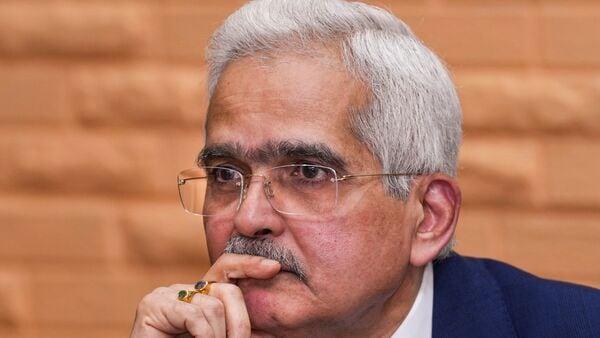Mumbai: The Reserve Bank of India (RBI) today announced that the retail digital rupee will be launched on December 01, 2022, on a pilot basis.
The central bank has identified eight banks for phase-wise participation in this trial.
The retail digital rupee will be in the form of a digital token that represents legal tender. The RBI will issue digital currency in the same denominations that paper currency and coins are issued.
In a press release, RBI said the pilot would cover select locations in a closed user group (CUG) comprising participating customers and merchants. While it has identified eight banks for gradual participation in the pilot, the first phase will begin with four: State Bank of India, ICICI Bank, Yes Bank and IDFC First Bank.
The remaining four—Bank of Baroda, Union Bank of India, HDFC Bank and Kotak Mahindra Bank—will subsequently join the trial, it said. While the retail CBDC would initially cover Mumbai, New Delhi, Bengaluru and Bhubaneswar, the trials will be later extended to Ahmedabad, Gangtok, Guwahati, Hyderabad, Indore, Kochi, Lucknow, Patna and Shimla.
“The e ₹-R would be in the form of a digital token that represents legal tender. It would be issued in the same denominations that paper currency and coins are currently issued,” the statement said.
The advantage of CBDC over existing digital payment systems is that payments through digital currency would be final, without requiring interbank settlement.
Users can transact with e ₹-R through a digital wallet offered by participating banks and stored on mobile phones. According to RBI, digital rupee transactions can be both person-to-person and person-to-merchant. It said that payments to merchants could be made using quick response (QR) codes displayed at merchant locations.
“The e ₹-R would offer features of physical cash like trust, safety and settlement finality. As in the case of cash, it will not earn any interest and can be converted to other forms of money, like deposits with banks,” RBI said.
According to V. Vaidyanathan, chief executive, IDFC First Bank, the central bank digital currency would give greater anonymity than exiting digital transactions and this is one of the major benefits for users. “In due course, it could even get better. India is a growing economy and while it already has several digital payment channels, this would add to the options available before users. At present, it is being done on a pilot basis, but in future, it will be the next big thing in the payments space once it gathers some critical mass,” said Vaidyanathan.
The pilot will test the robustness of the entire process of digital rupee creation, distribution and retail usage in real-time, RBI said, adding that different features and applications of the retail digital rupee token and architecture will be tested in future pilots, based on the learnings from this pilot.
“The scope of the pilot may be expanded gradually to include more banks, users and locations,” it said.






